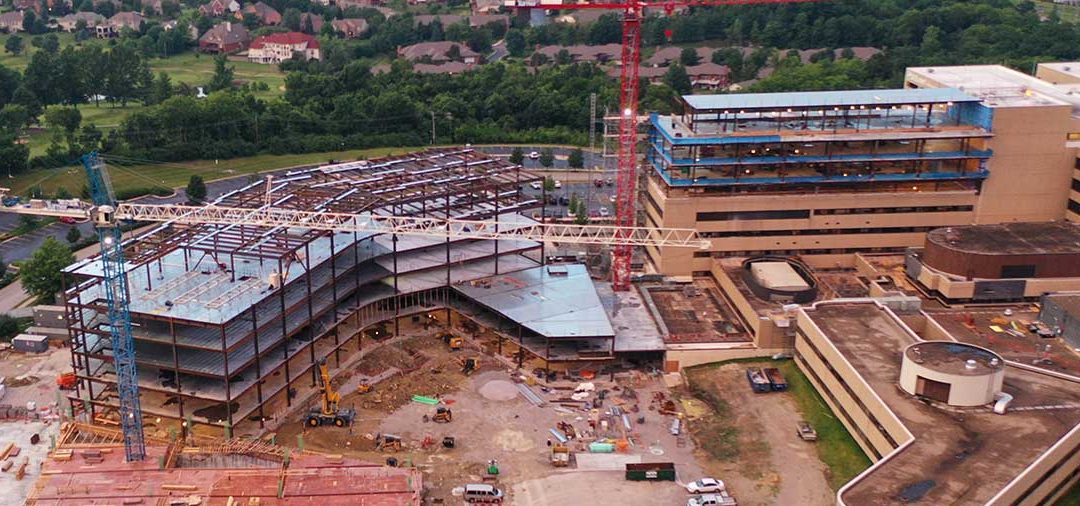In a 2021 Workforce Survey Analysis, AGC found that 88% of companies surveyed were experiencing project delays—that’s nearly nine out of ten. Now more than ever, construction companies are faced with the challenge to do more with less and keep projects on track in the face of unforeseen circumstances.cons
While certain conditions and factors in the industry can’t be controlled, there are 3 construction workflows that can reduce the margin of error to ensure a project stays resilient. This requires operational excellence in the areas that can be predicted and made more efficient.
What are the three construction workflows a company should prioritize?
Project team communication
Communication among field teams, supervisors, and the office is crucial—and can be cumbersome. With so many moving pieces of a project happening at once, getting the necessary message out to everyone in a timely, effective manner is no easy feat.
Companies need to find a way to remove the barriers to communication. By doing so, they’ll save everyone on the project team valuable time that would otherwise be spent tracking progress, in meetings to get everyone up to speed, or playing telephone.
Finding and addressing quality issues
Quality of construction can make or break a project’s ability to stay on track. Quality issues or mistakes found too late in the process can be the kiss of death for moving onto the next phase—and as a result, teams remain stuck in the final 10 or 20% of completion for too long. This won’t just cost time and manpower, it’ll directly affect a project’s budget and profitability, too.
The only option to streamline and prevent these costly quality issues is to catch them early and address them quickly. Technology that helps companies see progress in real time opens the door for making smarter decisions and adapting faster.
Reporting on construction completion
When a project does make it through the final 10%, the work isn’t over yet. Teams must provide an objective, detailed overview of the completion—which again takes time and resources. There’s more information to gather, and no efficient way to compile it using manual efforts alone.
Teams should be focused on projects, not paperwork or reporting. Streamlining the process for creating detailed reports can free up their focus while enhancing the level of reporting and insights for a company.
All this sounds easier said than done, doesn’t it? Enter, automated progress tracking.
The secret to saving time while increasing accuracy
By implementing a technology that can continuously monitor performance and provide predictive insights, construction companies are able to achieve operational excellence.
Platforms like Doxel act as a digital surveyor to automatically track progress across more than 75 different construction stages in real time, freeing up the project team’s time and resources.
Instead of manually walking the jobsite every day or week to capture exact progress, Doxel works with a 360° video to act as a digital surveyor in minutes. Combining the power of computer vision with BIM means companies have an objective truth of the status of a site—and can understand progress, schedule, and budget better than ever before.
If it sounds too good to be true, it isn’t.
Tune in to our webinar Almost Done, Isn’t Done to hear from two successful construction companies on how they’re leveraging real-time progress tracking to automate and achieve more.





